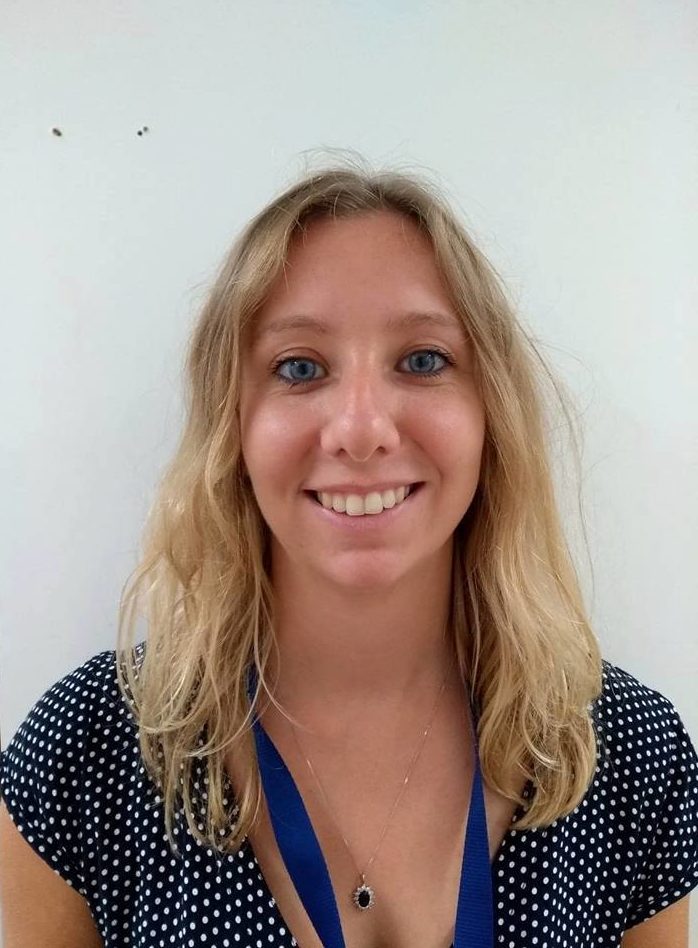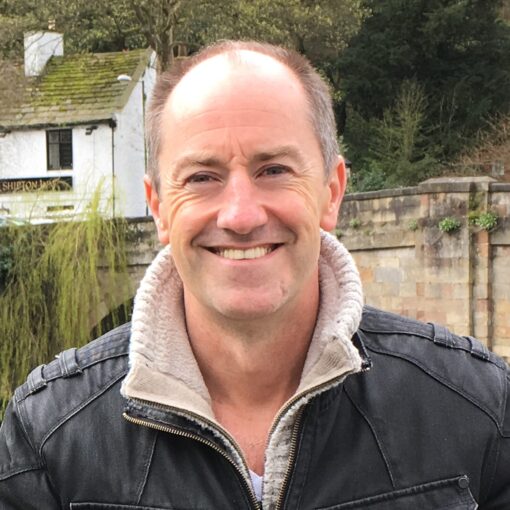PhD in Cell Biology, University of Cambridge (2018)
| Research Communications Officer | |
|---|---|
| Parkinson’s UK | |
Year entered into a non-academic position: 2018
Job highlight: Giving talks to people affected by Parkinson’s across the UK
My research training set me up… be an effective and confident communicator of science. It also helped me to evaluate scientific literature.
What’s your background?
I did my PhD in Cell Biology after working for a year as a Research Assistant on a similar topic. I worked in the lab doing various microscopy, molecular biology and biochemical assays. I received my PhD from the University of Cambridge at the end of 2018.
Why did you move away from academia?
I have a passion for helping people more directly and I struggled with the unpredictable nature of research.
How did you get this job?
I applied for a few different charity research communication jobs, I found the vacancies via the Charity jobs website and through a mailing list called the AMRC Job Circulation. I had three interviews before successfully getting this role. The interview involved a written task based on a scientific paper, an email task and a standard interview.
Is there anything you miss about academia?
I miss being on my feet and being active.
Did you think you had the skills required for your current position before you started? Were you right?
Yes, I had the correct starting skills for the position, but some of my writing skills still need nurturing! Overall I was a good fit for the job and the transition was smooth.
Did you have any preconceptions about your sector that proved to be wrong?
I thought that my job might be quite rigid and that I would be told what to do and I would do it. But the reality is that I have a lot of freedom and space to be creative. I manage my own time and every day is different!
How did you prepare for the work involved in your job?
I was always aware during my PhD that I wanted to do something else, not an academic career, so I made sure I built up my skills through public engagement and voluntary roles.
How did your PhD prepare you for your current job? For example, what were the transferable skills that you developed during your PhD that are most relevant to your current job?
In my current role, I need to be able to critique scientific papers and gather evidence efficiently. Preparing and giving talks as part of my PhD has enabled me to be a confident speaker. The public engagement skills I gained during my PhD have helped me to tailor and explain science in simple terms. I often speak with researchers in my current role, so I need to be able to understand the research process and talk to researchers on their level. My PhD required organization and time management, now essential for me to work efficiently under pressure.
Can you describe a typical week in your job?
As part of my role, I answer research enquiries by phone or email. A question could be something like – I have read that nicotine is involved in Parkinson’s, is this true? – I then go and read the scientific papers before replying in lay language to the enquiry. Sometimes enquiries keep me really busy, other times it is quieter. As well as this, I assist other teams in the charity to accurately talk about and promote research, for instance, in a fundraising setting. I also spend a reasonable amount of time writing, which includes: reactive news stories for our website, magazine articles and blogs on specific research topics. As well as written communications, every other week I travel within the UK to deliver research talks to people affected by Parkinson’s. These events vary from small informal groups to more extensive conference/lecture type talks.
I thought that my job might be quite rigid and that I would be told what to do and I would do it. But the reality is that I have a lot of freedom and space to be creative.
What’s the workplace culture like?
It is fast-paced and you must work efficiently. We have flexible working hours which means if you work over your allotted seven hours a day you can take some time off at a later date. Relationships are more professional than in academia and people are busy, which makes it harder to form close bonds with colleagues.
What are your favourite parts of your job?
My favourite parts are delivering research talks and empowering people through knowledge. I also enjoy reading and keeping up to date with the Parkinson’s research field.
What are your reflections on your (future) career path?
I have made a good move into a job I enjoy, and I believe my PhD has enabled me to be successful in my current role. Now I hope to progress in the research communications field.
Do you have any advice for current graduate students and postdocs considering a career outside of academia?
Be proactive and nurture your skills outside of the lab. Think about your career options early, so you have time to build your CV. Think about what motivates you and follow what you enjoy.
Can you recommend any relevant resources, organisations or events that might help somebody new to the sector find out more about it?
I think the SciComm events run in London are excellent. They have an annual symposium and it is a great way to network and find out about roles in science communication. I previously mentioned the Charity Jobs website and the AMRC mailing list.





